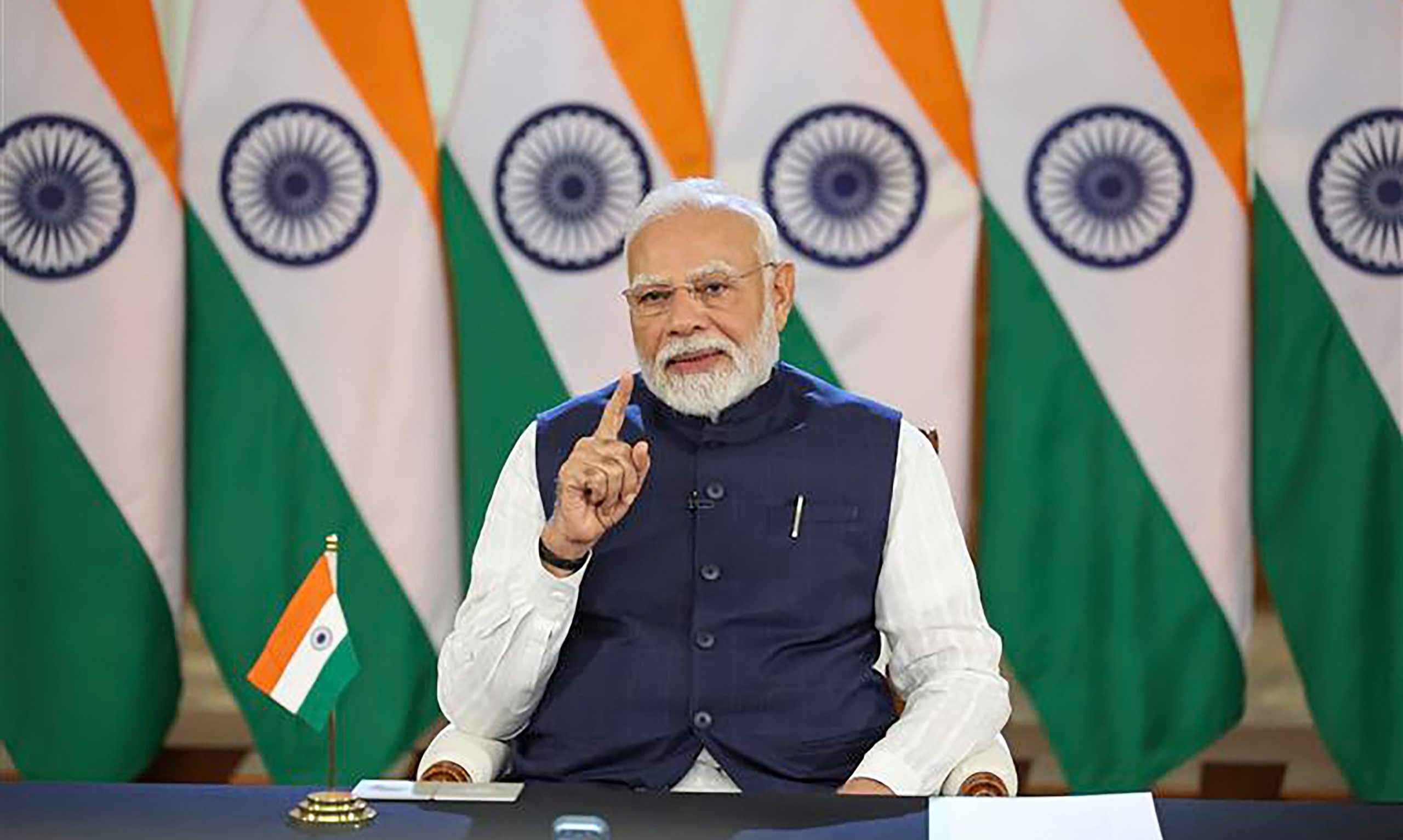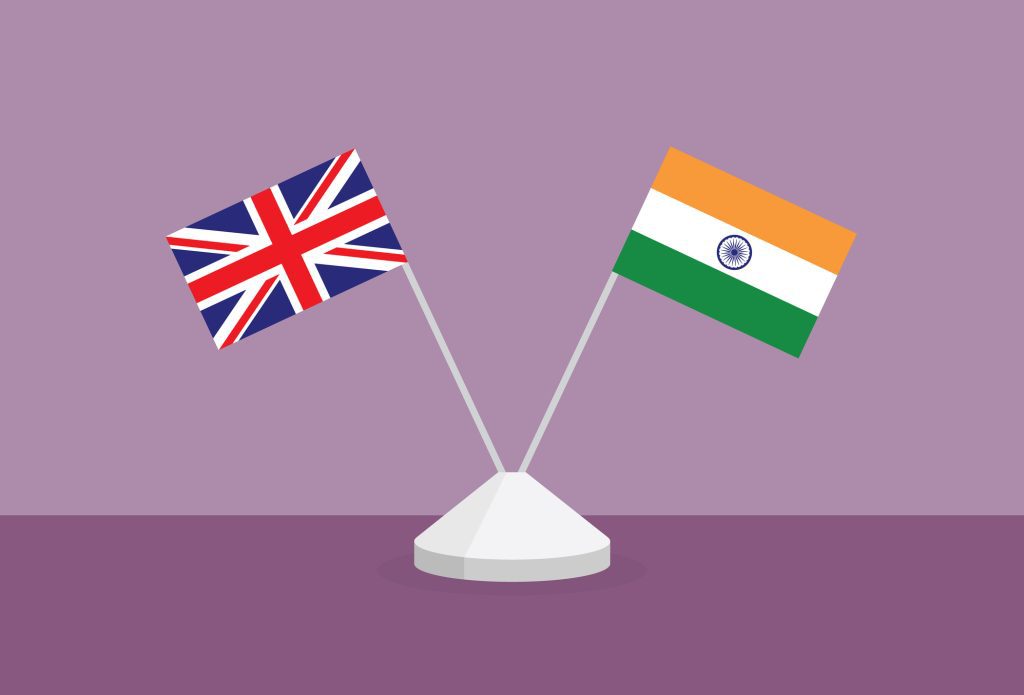Prime Minister Narendra Modi arrived in London on Wednesday evening, marking the start of his two-nation tour to the United Kingdom and the Maldives from July 23 to 26. The visit aims to strengthen India’s global diplomatic engagements and deepen strategic partnerships with key nations.
At the invitation of UK Prime Minister Keir Starmer, PM Modi is undertaking an official visit to the United Kingdom from July 23 to 24. This is his fourth visit to the UK and reflects the growing warmth and depth of the India-UK relationship.
India and the United Kingdom share historical ties that have evolved into a robust and mutually beneficial partnership. A major milestone in bilateral relations was achieved during the India-UK virtual summit on May 4, 2021, when Prime Minister Modi and then UK Prime Minister Boris Johnson established a Comprehensive Strategic Partnership and adopted the ambitious India-UK Roadmap 2030. This roadmap continues to guide cooperation across sectors such as trade, defence, education, technology, and climate action.
PM Modi’s visit comes just weeks after the UK general elections held on July 4, 2024, in which the Labour Party returned to power after 14 years with a sweeping victory, securing 412 out of 650 seats. Keir Starmer assumed office as Prime Minister shortly thereafter. PM Modi had congratulated him during a phone call on July 6 and also extended an invitation for an early visit to India.
In its election manifesto, the Labour Party pledged to pursue a new strategic partnership with India, with a focus on concluding the long-awaited Free Trade Agreement (FTA) and enhancing cooperation in critical sectors. The two leaders had met earlier on the sidelines of the G20 Leaders’ Summit in Brazil in November 2024 and had a brief interaction during the G7 Summit in Canada in June 2025.
Following the terrorist attack in Pahalgam in April 2025, Prime Minister Starmer had conveyed his condolences to PM Modi, reaffirming the UK’s support. In a subsequent conversation on May 6, 2025, both leaders announced the successful conclusion of the India-UK FTA and the Double Taxation Avoidance Convention—a landmark step in bilateral economic relations.
High-level visits and diplomatic exchanges have been a consistent hallmark of India-UK ties. President Droupadi Murmu attended the State Funeral of Queen Elizabeth II in London in September 2022 and met King Charles III during her visit. Vice President Jagdeep Dhankhar represented India at the Coronation of King Charles III in May 2023, engaging with world leaders and the Indian diaspora.
Prime Minister Modi had also met former UK Prime Minister Rishi Sunak on several occasions, including during the G20 Summit in New Delhi in September 2023 and at the G7 Summit in Italy in June 2024. Their meetings helped drive forward progress on the FTA and other areas under the Roadmap 2030. Rishi Sunak’s official visit to India in 2023, as well as bilateral engagements in Japan and Bali, contributed to strengthening the bilateral relationship. Notably, the Young Professionals Scheme, launched following the Bali meeting in 2022, has facilitated youth mobility between the two countries.
In April 2022, then UK Prime Minister Boris Johnson visited India, signing several MoUs in nuclear energy and innovation, and announcing an ‘Open General Export Licence’ for Indian firms. A joint statement on cyber cooperation was also released during that visit.
Earlier, in November 2021, Prime Minister Modi had travelled to the UK to attend the COP26 World Leaders’ Summit in Glasgow, where he and then Prime Minister Boris Johnson jointly launched the One Sun, One World, One Grid initiative under the International Solar Alliance and the Infrastructure for Resilient Island States under the Coalition for Disaster Resilient Infrastructure.
In a sign of strong parliamentary ties, Lok Sabha Speaker Om Birla visited the UK in January 2025 and held talks with the Speaker of the House of Commons, Sir Lindsay Hoyle.
Following the UK leg of his visit, Prime Minister Modi is scheduled to travel to the Maldives from July 25 to 26, where regional security, development partnerships, and maritime cooperation are expected to dominate the agenda.















